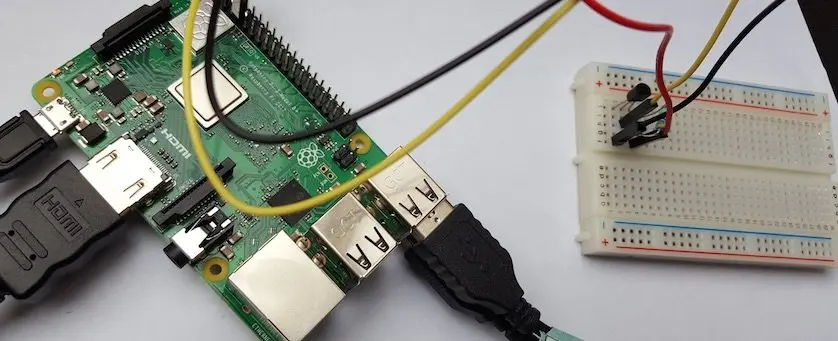Introduction
Patents are a crucial part of intellectual property and innovation. Whether you're an inventor, startup entrepreneur, or
legal professional, understanding patents can help protect your ideas and gain a competitive edge.
What you'll find here:
- How to apply for a patent
- International patent laws & systems (PCT & Unitary Patent)
- Patent infringement cases and disputes
- Strategic patenting tips for startups and businesses
Whether you're an inventor with a groundbreaking innovation ready to launch a tech startup, or someone looking to
sell their invention to the right buyer, a strong patent strategy can help secure funding, protect your innovations, and give you a
competitive edge in the market. However, while a solid patent position can be a key factor in market success, it’s
important to make informed decisions—patents come with both advantages and drawbacks.
Below, you'll find expert insights and practical guidance to help you navigate the complex world of patents.

Why should you apply for a patent? How does the process work, and when are you eligible to file? More importantly, are
there situations where seeking a patent might not be the best choice?
Imagine this: you've come up with a groundbreaking idea or even turned it into a tangible invention. Now, you're
considering how to monetize your innovation—whether by launching your own business or licensing your idea to others.
Before moving forward, it's crucial to understand that the primary motivation behind obtaining a patent is financial
gain. Here's why:...

The longstanding dispute between Apple and the medical technology company Masimo
over a potential infringement by Apple on a Masimo patent, claiming that the patented technology is being used
in Apple Watches without permission. Why are these companies engaged in such a significant battle involving
their patents? It's expected that these watches, capable of measuring vital functions at home, will play a
crucial role in monitoring one's health without the need for a doctor and automatically transmitting medical
data to, for instance, a local healthcare center or a hospital. This kind of technology is anticipated to be
highly significant in the shift toward an enormous market...

Several times, Theo Tempels, the inventor of the notch in the rusk, has faced legal challenges as companies
questioned the validity of his patent when they wanted to apply the notch in their products. The legal requirement
of inventiveness of the invention described in the patent, in particular, was also called into question. Yet again, the court ruled in favor of the
inventor....









